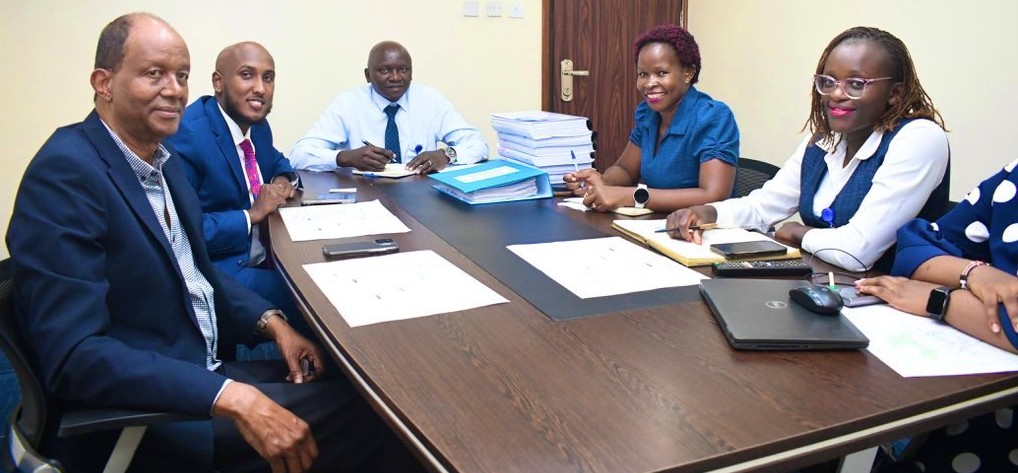Supreme Court strikes down KPA's second grain bulk handling facility tender

The Supreme Court found that the procurement process that KPA used breached Articles 10(2)(c), 201(a), and 227(1) of the Constitution, which enshrine the principles of good governance, fiscal prudence, and fair competition in public procurement.
The Supreme Court has ruled that it was unconstitutional for the Kenya Ports Authority (KPA) to award Portside Freight Terminals Limited a license to develop a second grain bulk handling facility at the Port of Mombasa.
The Supreme Court found that the procurement process that KPA used breached Articles 10(2)(c), 201(a), and 227(1) of the Constitution, which enshrine the principles of good governance, fiscal prudence, and fair competition in public procurement.
More To Read
- Women secure majority of contracts in inclusive government procurement programme
- Kenya Ports Authority holds first chemical, biological, radiological and nuclear preparedness drill
- MPs fault State officers over mismanaged road projects
- How circuit, mobile courts expanded justice to underserved communities - report
- CJ Koome affirms Judiciary’s commitment to transparency, says trust central to transformation
- Supreme Court to receive title deed by December 25, says DP Kithure Kindiki
The decision was made by a five-judge bench of the Supreme Court led by Deputy Chief Justice Philomena Mwilu, alongside Justices Mohamed Ibrahim, Smokin Wanjala, Isaac Lenaola, and William Ouko.
"Having found that the Court of Appeal erred when it declared that the invocation of the specially permitted procurement procedure under Section 114A of the PPAD Act by KPA did not violate the Constitution, it follows in the result that the judgment of the Court of Appeal is for setting aside."
The case was filed by Busia Senator Okiya Omtatah, who had challenged the legality and transparency of the procurement process, arguing that it violated the Constitution.
The Court, however, affirmed its jurisdiction under Article 163(4)(a) of the Constitution to hear the matter, saying that while Senator Omtatah had legal standing to bring the case, the Court noted he could not act on behalf of other parties not directly joined to the proceedings.
"The Board acted within its mandate and that KPA's Board of Directors did not exceed its authority or usurp the functions of the accounting officer during the process", the court said.
The court further found that the Procurement procedure was unconstitutional
"The use of the Specially Permitted Procurement Procedure under Section 114A of the Public Procurement and Asset Disposal (PPAD) Act was found to be unconstitutional," reads the decision
The judges held that the process lacked transparency, fairness, and accountability.
Omtatah had argued that KPA had employed a flawed procurement process that excluded other potential bidders. The project, valued at approximately Sh5.8 billion (US$45 million), has now been invalidated by the country's highest court.
Omtatah accused KPA of favouring Portside Freight Terminals Ltd by using the Specially Permitted Procurement Procedure (SPPP) rather than an open tender. He said this method was used "to deliberately lock out competition" and reward political allies.
KPA, on its part, defended the use of SPPP, citing Section 114A(2) of the Public Procurement and Asset Disposal Act (PPADA), which allows for direct procurement under special circumstances, including national interest or urgency.
Top Stories Today















































